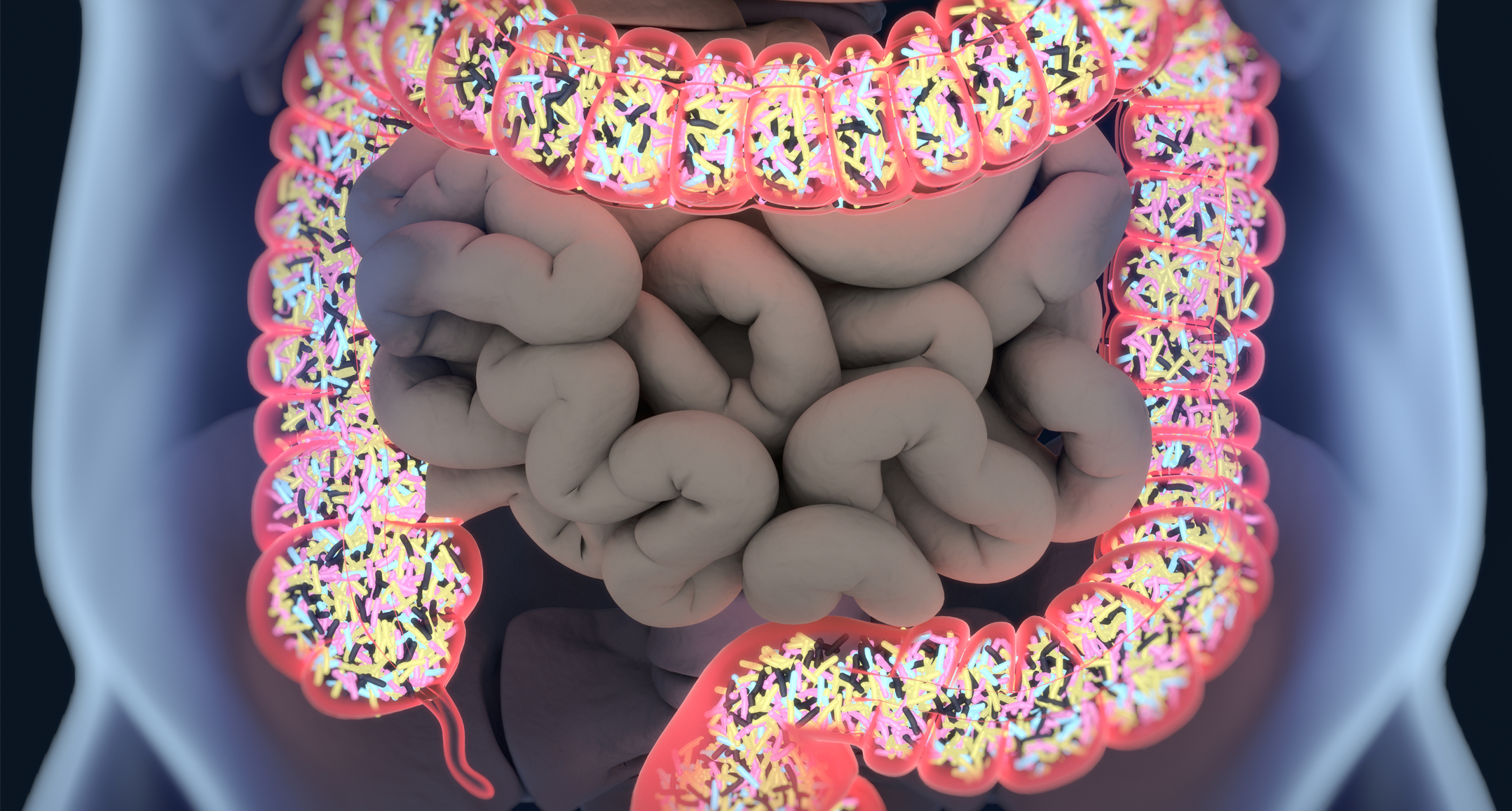 Many disorders are associated with impaired function of the gut barrier. The gut microbiota regulates gut barrier function, and previous research has shown that modulation of gut microbiota shows promise for enhancing barrier integrity.
Many disorders are associated with impaired function of the gut barrier. The gut microbiota regulates gut barrier function, and previous research has shown that modulation of gut microbiota shows promise for enhancing barrier integrity.
Researchers from France and Canada wanted to know if Lactobacillus rhamnosus CNCM I-3690 was as effective as the commensal bacterium Faecalibacterium prauznitzii A2-165 (already known to control colonic inflammation) in treating gut barrier abnormalities.
Findings showed CNCM I-3690 indeed had anti-inflammatory effects in the gut and showed the ability to protect epithelial function. In mice with increased colonic permeability, researchers found that Lactobacillus rhamnosus CNCM I-3690 and Faecalibacterium prauznitzii A2-165 normalized the permeability to roughly the same degree.
The mechanism by which the CNCM I-3690 probiotic achieved its anti-inflammatory effect appeared to relate to increased levels of the tight junction proteins Occludin and E-cadherin.
Reference:
Laval L, et al. (2015) Lactobacillus rhamnosus CNCM I-3690 and the commensal bacterium Faecalibacterium prausnitzii A2-165 exhibit similar protective effects to induced barrier hyper-permeability in mice. Gut Microbes doi: 10.4161/19490976.2014.990784


